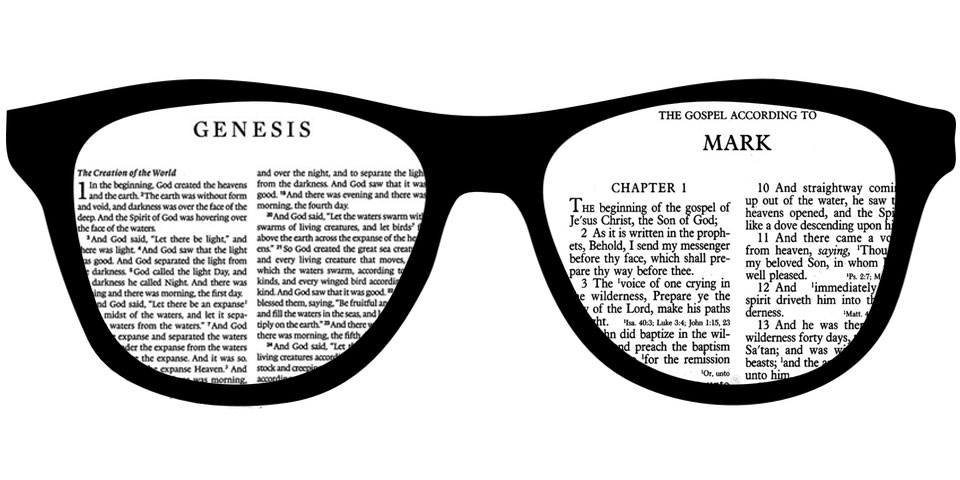Students will not seek to preserve what they do not cherish, and they will not cherish what they do not understand. Sadly, in too many cases American students are not given the kind of education that inspires them to cherish America's Christian heritage. It is vital that each generation re-fill its tank with the cultural fuel necessary to keep running. The current generation is running on the fuel put in the tank so long ago by previous generations that they think no fuel is necessary. Students grow up taking for granted that their cultural “car” is running and have no idea that it requires a continual re-filling of the tank. Even worse, many of their teachers think they cannot re-fuel the tank and some even think it is a bad idea to re-fuel it at all.
The exclusion of a Christian worldview from the curriculum is not just limited to lessons on the history of Christianity. There is the often-unnoticed problem of excluding a Christian worldview from an academic topic. A worldview is the way in which you look at the world, not merely the bits of information you learn about the world. Regarding history textbooks for example, in his book, Religion and American Education, Warren Nord points out: “More important than the particular religious topics discussed or not discussed, and the relative amount of space they receive, is the worldview within which the historian works.”
He illustrates this by referencing a textbook account of the Hebrews from their Egyptian enslavement to the divided kingdom. All the names and dates are correct, as is the order of events. The problem Nord draws attention to is that the textbook left out “what is most important to the scriptural version: the role of God in shaping history. The meaning of the story is completely lost in the textbook; it becomes, in effect, a different story.”
Nord shows that this is a problem across the curriculum. For instance, economics is taught with the assumption that there is only a secular way to think about money. The topic of economics involves our beliefs about human nature, materialism, consumerism, social values, and charity. Yet, typically, students are taught that economic decisions only involve cost-benefit analysis, supply and demand, and fulfillment of personal gratification.
Home economics is another academic subject which Nord points out is most often taught as though secularism is the only perspective worth learning. After reviewing eight home economics textbooks, he writes:
“Each follows the same pattern, beginning with one or several chapters defining human nature, values, and decision making before moving on to discussions of dating, marriage, abortion, child rearing, the family, and what I take to be more traditional home economics fare. Needless to say, religion has had a great deal to say about such things, though one would never guess it from reading these books. ...None of the books even hints that there are religious conceptions of human nature, values, or decision making that may differ in significant ways from the views presented.”
In most science classes, of course, evolution reigns as the only view worth studying. But there are other worldview issues at stake. Nord points out that science classes approach life from a particular perspective and lead students to assume that the scientific perspective explains all that is real. He states, “In spite of the reservations of some scientists, science is typically taught as fully adequate to explain nature.” He points out, however, that science looks only at causes, not purposes; and that its version of reality has no place for God’s intervention.
Science has affected the way history and social studies are taught in that life is seen as merely the result of cause and effect. With such an approach moral demands are not made from an eternal God. There is no Storyteller behind the story of history. Religion may be fine for some, it is thought, but it is only the manifestation of mankind’s need for fulfillment. Everything, including the yearning of our souls, can be explained naturally.
Public schools should not proselytize and this is not a call for public schools to act like Christian schools. However, there are other explanations of reality besides a purely secular worldview. Because the Bible has, in fact, impacted the way our society looks at nature, life, human relationships, history, economics, decision making, the family, government, our concepts of human rights, and other topics addressed across the curriculum, it is academically legitimate to teach about the influence of a Christian worldview.


